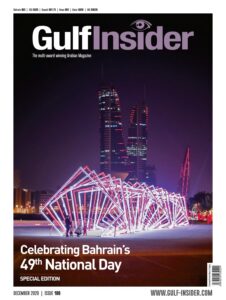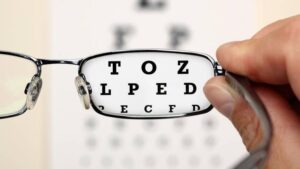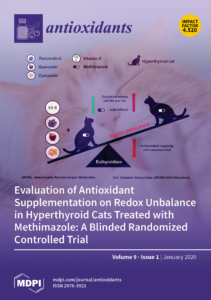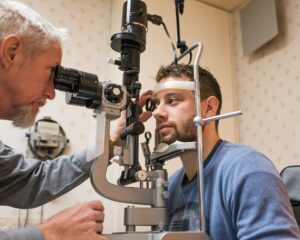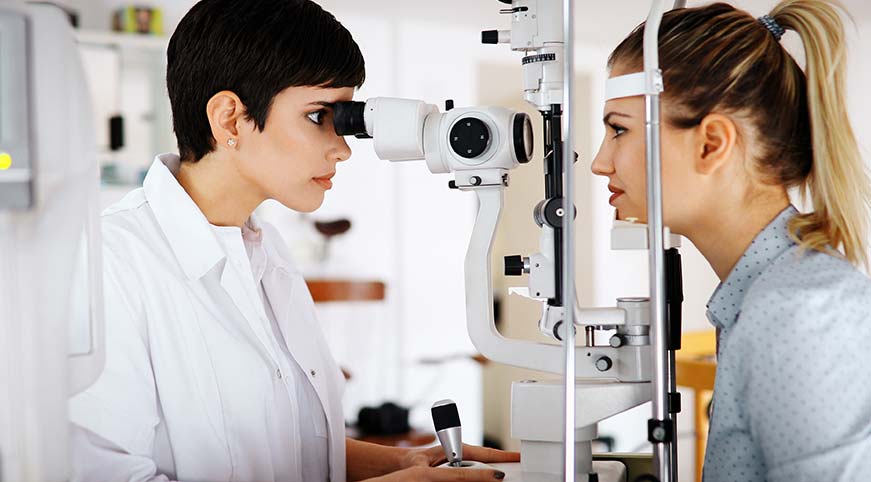
The Importance of Regular Eye Tests for Safe Driving and Road Safety in the UAE
As one of the leading causes of death and injury on roads, road safety is a crucial concern for both drivers and policymakers. In the United Arab Emirates (UAE), road accidents are a significant public health issue, with over 6,000 deaths recorded in the last decade. One factor that can greatly impact road safety is visual acuity, as drivers with poor eyesight may not be able to perceive potential hazards in time to react appropriately. That is why regular eye tests are essential to ensure safe driving and prevent accidents.
The Importance of Good Vision for Safe Driving
The Role of Vision in Driving
The ability to see clearly is crucial for safe driving, as it allows drivers to assess their environment, react to hazards, and navigate the road effectively. Poor vision can impair these abilities, making it challenging to identify and avoid potential dangers on the road. Drivers with poor eyesight may have difficulty reading road signs, recognizing other vehicles or pedestrians, and judging distances accurately, increasing the risk of accidents.
Eye Conditions that Affect Safe Driving
Several eye conditions can impact safe driving, including myopia, hyperopia, astigmatism, cataracts, and glaucoma. Myopia and hyperopia, which affect the clarity of vision at different distances, can make it challenging to read road signs or see other vehicles and pedestrians clearly. Astigmatism can cause distorted or blurry vision, making it difficult to see the road’s curvature and judge distances accurately. Cataracts, which cloud the eye’s lens, can cause halos and glare, making it difficult to see traffic lights or headlights at night. Glaucoma, a progressive eye disease that damages the optic nerve, can cause peripheral vision loss, making it difficult to see vehicles and pedestrians approaching from the side.
The Importance of Regular Eye Tests for Safe Driving
How Regular Eye Tests Can Help
Regular eye tests are an essential part of maintaining good vision and preventing eye conditions that can affect safe driving. Eye exams can detect eye problems early, allowing for prompt treatment and preventing further vision loss. They can also identify any changes in vision that may require corrective lenses, such as glasses or contact lenses, to ensure that drivers can see clearly on the road.
Recommended Frequency of Eye Tests for Drivers
The frequency of eye tests recommended for drivers varies depending on age and risk factors. In general, the American Optometric Association recommends that adults aged 18-60 with no risk factors for eye disease should have a comprehensive eye exam every two years. However, drivers with a history of eye disease or other risk factors, such as diabetes or high blood pressure, may require more frequent exams. Additionally, older adults aged 61 and above should have yearly eye exams, as the risk of eye disease increases with age.
The Impact of Regular Eye Tests on Road Safety in the UAE
The Need for Increased Awareness
Despite the importance of regular eye tests for safe driving, many drivers in the UAE are unaware of the risks associated with poor vision and the need for regular exams. Therefore, raising awareness of the importance of regular eye tests and promoting access to affordable and convenient eye care services is essential to improve road safety and prevent accidents.
Government Initiatives to Improve Road Safety
The UAE government has taken several initiatives to improve road safety and reduce the number of accidents, including stricter traffic laws, increased enforcement, and improved infrastructure. However, ensuring that drivers have good vision is also crucial to prevent accidents. The government can promote regular eye exams by offering incentives or subsidies for drivers who undergo exams or partnering with eye care providers to offer discounted or free exams.
Conclusion
In conclusion, regular eye tests are essential for safe driving and road safety in the UAE. Drivers with poor vision are at higher risk of accidents, and detecting eye problems early through regular exams can help prevent vision loss and improve driving safety. The UAE government and private sector can play a crucial role in promoting regular eye tests and ensuring that drivers have access to affordable and convenient eye care services. By raising awareness of the importance of good vision for safe driving and encouraging regular eye exams, we can improve road safety and reduce the number of accidents on our roads.
FAQs
- How often should I get my eyes checked for safe driving? Ans: The frequency of eye exams recommended for drivers varies depending on age and risk factors. In general, adults aged 18-60 with no risk factors for eye disease should have a comprehensive eye exam every two years. However, drivers with a history of eye disease or other risk factors may require more frequent exams.
- What eye conditions can affect safe driving? Ans: Several eye conditions can impact safe driving, including myopia, hyperopia, astigmatism, cataracts, and glaucoma.
- Can wearing glasses or contact lenses improve driving safety? Ans: Yes, if you require corrective lenses, such as glasses or contact lenses, to see clearly, wearing them while driving can improve your vision and driving safety.
- What can I do to promote regular eye tests for safe driving? Ans: You can promote regular eye exams for safe driving by raising awareness of the importance of good vision for safe driving, encouraging others to get regular exams, and supporting initiatives that promote access to affordable and convenient eye care services.
- Is it safe to drive with one eye? Ans: In general, driving with one eye is not recommended, as it can impair depth perception and increase the risk of accidents. However, some individuals with one functioning eye may be able to drive with restrictions or accommodations. It is best to consult with an eye doctor or a licensing agency for guidance.





